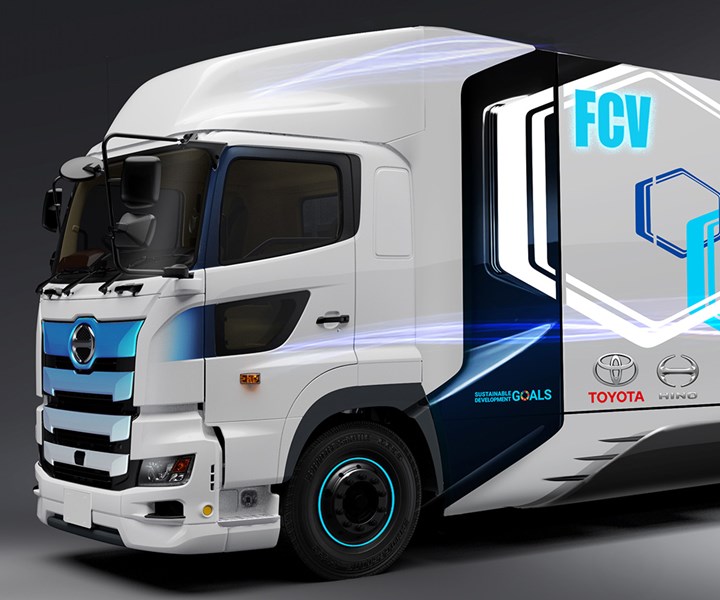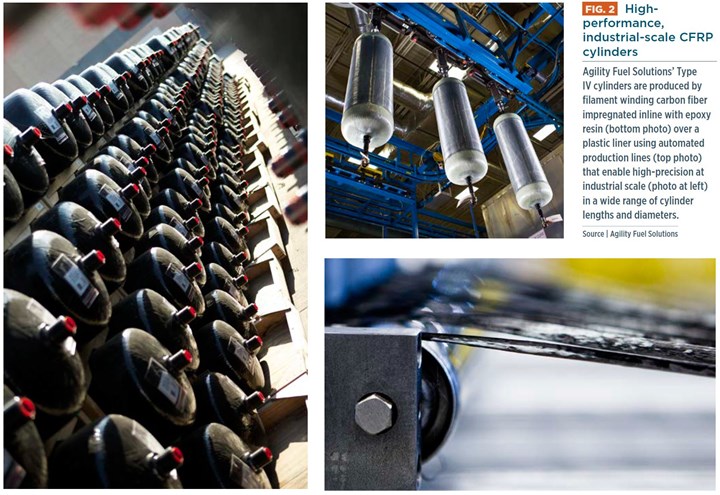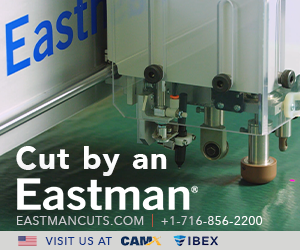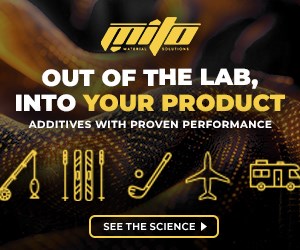Toyota and Hino agree to develop heavy-duty fuel cell truck using composite storage tanks
Type IV tanks will help provide 600-kilometer range and meet commercial vehicle requirements

SOURCE | Toyota Motor Corporation
Toyota Motor Corporation (Toyota City, Japan) and Hino Motors, Ltd. (Hino, Japan) have agreed to jointly develop a heavy-duty fuel cell truck, and to proceed with initiatives toward its practical use including verification tests.
The heavy-duty fuel cell truck in this joint development project is based on the Hino Profia and will take maximum advantage of the technologies that Toyota and Hino have developed. The chassis is designed with optimum packaging for a fuel cell vehicle, and steps are being taken through comprehensive weight reduction to ensure a sufficient load capacity. The powertrain comprises two Toyota fuel cell stacks newly developed by Toyota and combined with vehicle driving control that applies heavy-duty hybrid vehicle technologies developed by Hino. Cruising range will be roughly 600 kilometers to meet high standards in both environmental performance and practicality as a commercial vehicle.
The Class 8 trucks Toyota is developing in the U.S.-based Portal Project also use two Toyota fuel cells as well as four 700 bar (70 MPa) Type IV hydrogen storage tanks made using composites to power a Kenworth T660 truck. The composite tanks were developed and manufactured by Hexagon Composites ASA (Alesund, Norway) and its subsidiary Agility Fuel Solutions (Costa Mesa, Calif., U.S.). Five of the 10 trucks planned in this project have been built and are in testing.

Hexagon Composites (Aalesund, Norway) subsidiary Agility Fuel Solutions (Costa Mesa, Calif., U.S.) produces Type IV composite storage tanks used in hydrogen fuel cell vehicles and supplied such tanks to Toyota for its Portal Project using Kenworth T660 heavy-duty trucks.
SOURCE | “Plant Tour: Agility Fuel Solutions ...”
Toyota and Hino have declared ambitious goals to reduce CO2 emissions by 2050 — 90% reduction from new vehicles compared to Toyota’s 2010 levels and Hino’s 2013 levels. To achieve these reductions, major improvements will be required in the environmental performance of heavy-duty trucks, which account for about 60% of the total CO2 emissions from commercial vehicles (gross weight > 3.5 tons) in Japan.
For the electrification of commercial vehicles, an optimum powertrain must be adopted to ensure both outstanding environmental performance and practicality. Heavy-duty trucks are typically used for highway transportation; therefore, they are required to have sufficient cruising range and load capacity as well as fast refueling capability.
Toyota and Hino have positioned hydrogen as an important energy source for the future and have worked together on developing technologies and innovating fuel cell vehicles for over fifteen years since their joint demonstration trials of the fuel cell bus in 2003. Going forward, Toyota and Hino will further strengthen its partnership and accelerate efforts toward the realization of a hydrogen society.
Related Content
-
Materials & Processes: Resin matrices for composites
The matrix binds the fiber reinforcement, gives the composite component its shape and determines its surface quality. A composite matrix may be a polymer, ceramic, metal or carbon. Here’s a guide to selection.
-
Materials & Processes: Fibers for composites
The structural properties of composite materials are derived primarily from the fiber reinforcement. Fiber types, their manufacture, their uses and the end-market applications in which they find most use are described.
-
JEC World 2022, Part 3: Emphasizing emerging markets, thermoplastics and carbon fiber
CW editor-in-chief Jeff Sloan identifies companies exhibiting at JEC World 2022 that are advancing both materials and technologies for the growing AAM, hydrogen, automotive and sustainability markets.













.jpg;maxWidth=300;quality=90)


